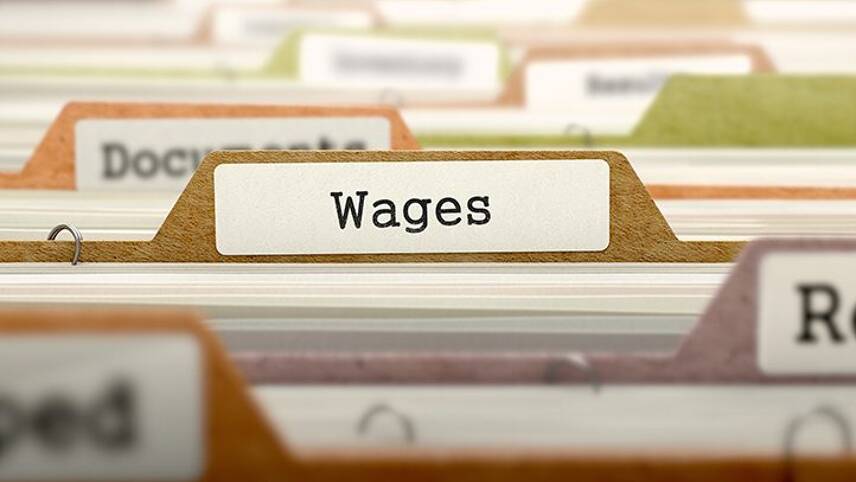Register for free and continue reading
Join our growing army of changemakers and get unlimited access to our premium content

While most companies in the SDG2000 had commitments to health and safety
The World Benchmarking Alliance (WBA) has this week launched its Social Transformation Baseline Assessment of 1,000 companies from its SDG2000, some of the largest organisations in the world across the major sectors.
Of these 1,000 companies, the WBA found that just 1% meet the principles and practices of the Alliance’s Core Social Indicators (CSIs). These 18 indicators measure companies’ responsibility to respect human rights, their role in providing and promoting decent work, and their ethical conduct in areas such as lobbying and taxation.
More than half of the companies examine received scores of 0-5 out of 20 across these metrics. In particular, organisations are failing to provide “decent work”, which the WBA defines as fair approaches to health and safety, living wages and working hours.
The WBA found that while most companies in the SDG2000 had commitments to health and safety, just 4% were able to disclose aspects such as paying workers living wages.
Additionally, the research found that 78% of companies scored zero across three human rights indicators. Even though more than half of the companies examined had commitments to human rights, “far fewer” were able to demonstrate actions to enshrine these commitments.
With the 2030 deadline approaching for the UN’s Sustainable Development Goals, the WBA is warning that companies are neglecting key social sustainability issues.
The WBA’s social transformation lead Dan Neale said: “WBA’s research paints a sobering picture, with 99% of companies failing to demonstrate they truly value people.
“Businesses are, overall, on course to entrench, rather than end, the social inequalities that pose a global systemic risk and their inability to put people at the heart of their thinking also undermines efforts to address the risks of climate change and biodiversity loss.”
Sustainability leaders
Neale recently spoke to edie ahead of his appearance at the Sustainability Leaders Forum 2022 (scroll down for more details) on corporate efforts to reach net-zero emissions.
For several years, the WBA has been tracking how corporates in high-emitting sectors like energy and automotive have been planning (and failing to plan) for the low-carbon transition. It has also been assessing what companies in sectors with a high risk of human rights risks are doing to prevent them.
Last year, for the first time, it has combined the two, publishing an assessment of how corporates in the automotive, oil and gas and electric utility sectors are approaching the need for a just transition to net-zero. Worryingly, just nine of the 180 businesses assessed scored 50% or more across the Alliance’s full set of metrics on worker protection and climate action.
Neale discusses why some organisations are still burying their heads in the sand, despite pressures from changing legislation, investors, workers and consumers. Read the piece here.
Register now for edie’s Sustainability Leaders Forum 2022
edie’s biggest event of the year is returning as a live, in-person event for 2022. The dates have been moved from early February to March, to ensure collaboration and celebration can take place in person.
The Sustainability Leaders Forum will now take place on 8 and 9 March 2022, and will unite hundreds of professionals for inspiring keynotes, dynamic panel discussions, interactive workshops and facilitated networking. There will also be digital tickets.
Taking place at London’s Business Design Centre, the event will feature more than 60 speakers, including experts from Natural England, the Green Finance Institute, the World Economic Forum and the Centre for Climate Repair. We’re planning our most diverse and inspirational programme yet.
Click here for full information and to book your pass.
Dan Neale from the WBA will be appearing at 1.30pm on 8 March, for a workshop on driving social equality and achieving a just transition.
Matt Mace


Please login or Register to leave a comment.